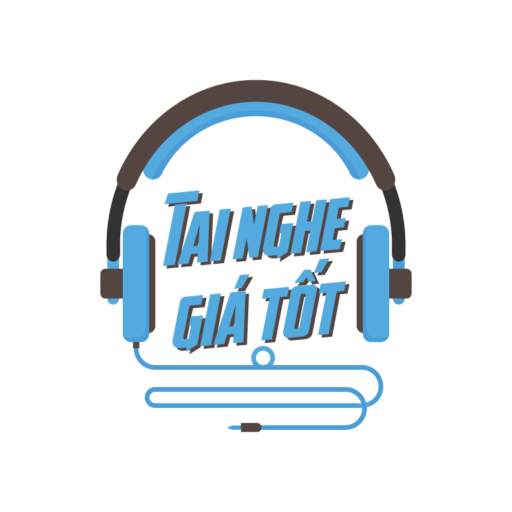Introduction
In the digital age, where information flows freely and creativity knows no bounds, copyright has become an increasingly complex and crucial legal concept. The Internet has opened up a world of opportunities for content creators and consumers, but it has also raised significant challenges in protecting intellectual property. This article explores the intricacies of copyright in the digital age, addressing issues such as fair use, online piracy, and the evolving landscape of intellectual property rights.
Understanding Copyright in the Digital Age
Copyright is a legal concept designed to protect the creative works of individuals, ensuring they have the exclusive right to use, reproduce, and distribute their creations. In the past, copyright primarily pertained to traditional media, such as books, music, and films. However, with the rapid evolution of digital technology, copyright now extends to a wide range of content, including websites, software, and user-generated content on social media platforms.
Digital technology has transformed the way we create, share, and consume content. It has empowered individuals to become content creators, whether through blogging, vlogging, or sharing their art online. While this has opened up exciting opportunities, it has also blurred the lines when it comes to copyright protection.
Fair Use and the Internet

One of the most important concepts in copyright law, especially in the digital age, is fair use. Fair use allows individuals to use copyrighted material under certain circumstances without the need for permission from or payment to the copyright holder. It serves as a critical safeguard for freedom of expression and the sharing of knowledge. However, determining what qualifies as fair use can be complex and often leads to legal disputes.
In the digital landscape, fair use is often invoked in contexts such as commentary, criticism, education, and parody. For instance, a video essayist may use clips from a movie to analyze its cinematography, which can be seen as transformative and educational. Similarly, a satirical website may use copyrighted images or texts to create humorous parodies.
Yet, the challenge lies in determining when the use of copyrighted material crosses the line into infringement. The internet is awash with content that borrows from copyrighted works, leading to countless debates and legal battles.
Online Piracy and Copyright Enforcement
One of the most significant threats to copyright in the digital age is online piracy. The ease with which digital content can be copied and distributed has given rise to rampant infringement. Music, movies, software, and other forms of digital media are readily available on pirate websites and torrent networks, often without the consent of the copyright holders.
Online piracy not only deprives creators of their rightful income but also undermines the economic structure of creative industries. In response, copyright holders have sought to enforce their rights through various means, including Digital Millennium Copyright Act (DMCA) takedown notices, lawsuits against infringing websites, and partnerships with internet service providers to combat piracy.
Despite these efforts, piracy remains a significant challenge, and new tactics for infringement continue to emerge. File-sharing technologies, anonymous networks, and decentralized platforms have made it increasingly difficult to track and prosecute infringers.
The Evolving Landscape of Intellectual Property Rights

The digital age has also seen a shift in the way intellectual property is protected and monetized. Traditional copyright models, which rely on the sale of physical copies or licenses, are no longer the sole means of profiting from creative works. Many content creators have turned to alternative models, such as crowdfunding, merchandise sales, and subscription-based platforms.
Additionally, the rise of open-source and Creative Commons licenses has allowed creators to share their work with varying degrees of flexibility in terms of usage and sharing. These licenses provide a middle ground between the strict confines of traditional copyright and the complete abandonment of rights.
Furthermore, blockchain technology has gained attention as a potential game-changer in copyright protection. Blockchain can be used to create immutable records of ownership and provenance, making it easier to track and enforce copyright. This technology has the potential to revolutionize the way creators manage their intellectual property rights in the digital age.
Challenges in Copyright Enforcement
While the digital age has brought about various tools and strategies to protect copyright, numerous challenges persist. These include:
- Jurisdictional issues: The global nature of the internet complicates copyright enforcement, as laws and regulations vary from one jurisdiction to another.
- Rapidly evolving technology: New technologies constantly emerge, making it challenging for copyright law to keep pace with digital innovation.
- Privacy concerns: Balancing copyright enforcement with privacy rights can be a contentious issue, particularly when tracking and identifying infringers online.
- Overreach and censorship: Aggressive copyright enforcement can sometimes lead to overreach and unintended censorship of legitimate content and uses.
- Fair compensation: Ensuring that creators are fairly compensated for their work remains a significant challenge, as the internet has disrupted traditional revenue models.
- Conclusion
The digital age has ushered in a new era of creativity, connectivity, and commerce, but it has also introduced complexities and challenges in the realm of copyright. As content creators and consumers navigate the internet’s legal landscape, it is imperative to strike a balance between protecting intellectual property rights and fostering innovation, expression, and the free exchange of ideas.
The future of copyright in the digital age will undoubtedly involve ongoing debates, legal battles, and technological advancements. It is essential for both creators and consumers to be aware of their rights and responsibilities in this ever-evolving landscape, ensuring that the digital age remains a space where creativity can thrive while respecting the principles of intellectual property protection.



